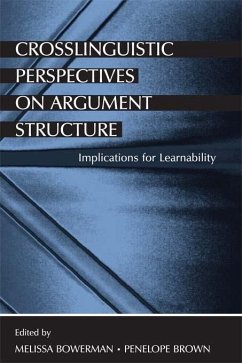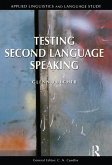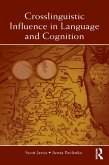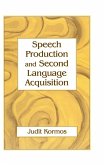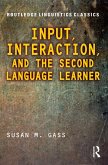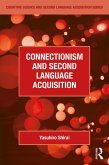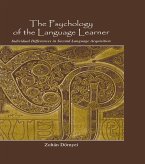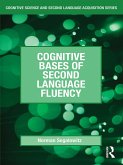This book offers a unique interdisciplinary perspective on argument structure and its role in language acquisition. The volume is the outcome of an integrated research project and comprises chapters by both specialists in first language acquisition and field linguists working on a variety of lesser-known languages. Drawing on a broad range of crosslinguistic data, Crosslinguistic Perspectives on Argument Structure integrates important contemporary issues in linguistics and language acquisition.
Dieser Download kann aus rechtlichen Gründen nur mit Rechnungsadresse in A, B, BG, CY, CZ, D, DK, EW, E, FIN, F, GR, HR, H, IRL, I, LT, L, LR, M, NL, PL, P, R, S, SLO, SK ausgeliefert werden.

